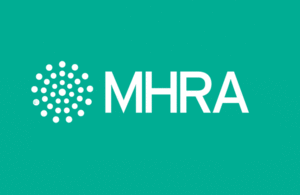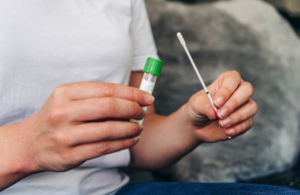Good morning and thank you for inviting me to your spring conference today.
As Secretary of State for Health and Social Care, every day I hear stories of the incredible dedication our carers have shown throughout this time of crisis.
Care colleagues who’ve been moving into their care homes, to protect the most vulnerable.
Getting to grips with the latest technology to keep residents connected to their loved ones.
Taking on extra shifts – especially in the peak – so colleagues could self-isolate.
Doing all the testing, the regular testing that is so important for keeping people safe.
And even setting up outdoor heaters so visits could take place safely outside.
I know that getting the rules around visiting right is so important and so sensitive, and such a delicate balance between the vital importance of visiting and of course the importance of keeping those over whom we have a duty of care safe from coronavirus.
This has been a tough time for all our carers and I’m so grateful for the work that you have been doing.
And we have been doing everything we can to support you too, including over a billion pounds of support for infection control, and that free PPE.
And now, thanks to your hard work, and the long-term protection given by our vaccination programme, we can have this spring conference, in a much stronger position than we were the previous spring.
We know so much more about this virus and how to manage it. And we work, I think, more closely together than at almost any point before, and that is incredibly important for getting these decisions right.
Of course, every care home has now had the offer of vaccinations for residents and staff and those vaccinations have been taken up in very large numbers.
And we prioritised unpaid carers in the roll-out as well, so we could protect not just them, but crucially the people that they care for. But we know that there’s more to do to drive uptake, especially among care home colleagues.
And I’m grateful to everyone at ADASS for your consistent advocacy of vaccinations and for encouraging your colleagues to come forward. This is so important.
We’ve just launched a consultation on whether we should require care home providers that care for older adults to deploy only workers who’ve received their COVID-19 vaccination, unless of course they have a medical exemption.
This is an approach that is taken in other areas where there is a duty of care – for instance, surgeons need to have the Hepatitis B vaccination.
I’m pleased that ADASS has welcomed the consultation.
We’ve already had thousands of responses and I’m looking forward to hearing your views.
Thanks to the progress we’ve made with the vaccines, we’re able to restore visits by 2 named visitors, backed by testing and PPE.
I know that this milestone, which reunited people with their loved ones, I know it has brought so much happiness and hope to our care homes.
And I’d like to thank you for what you’ve done to make sure these visits happen safely.
As we keep moving down our roadmap to recovery, we can keep restoring more of these experiences and also look at what we’ve learnt from this pandemic to make the long-term changes that we all know are so urgently needed.
We’ve already published our Health and Care white paper, and I’m very grateful for the engagement we’ve had with ADASS so far.
It shows how we’ll improve oversight of how social care is commissioned and delivered.
How we’ll get better data, which has been one of the huge strides forward during the pandemic. But we need to make sure that is embedded so that we have better data about what is happening at a local level.
And improving how we can make health and care even more integrated between the national and local level and between the NHS and social care through integrated care systems.
This white paper is incredibly important, and I am very grateful for your support.
But this is just a fraction of our plans.
In our manifesto, we made a clear commitment to set out the reforms that are needed for the long-term future of social care and to fix a system that has been unreformed for far too long.
Our shared experience of the past year shows that these reforms are more important than they’ve ever been, and we’ll be bringing forward our proposals later this year.
Caring for others, in my view, is one of the most noble vocations of all.
And during this pandemic, the work you’ve done has protected so many people who’ve been at greatest risk from this deadly disease.
You have my word that we will back you throughout the rest of this pandemic and we’ll make the reforms that are needed to put social care on a firm footing for the years to come.
Thank you and I hope you enjoy today’s conference.


